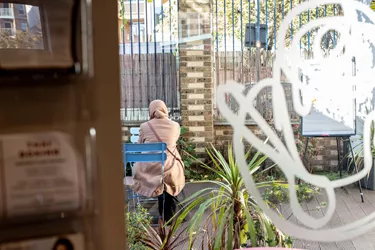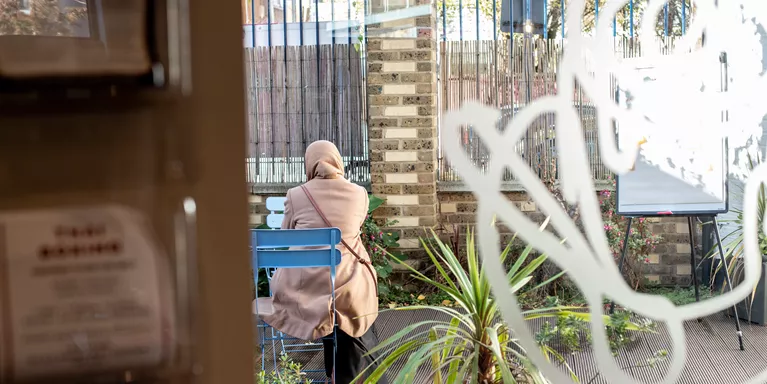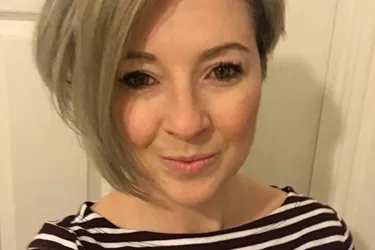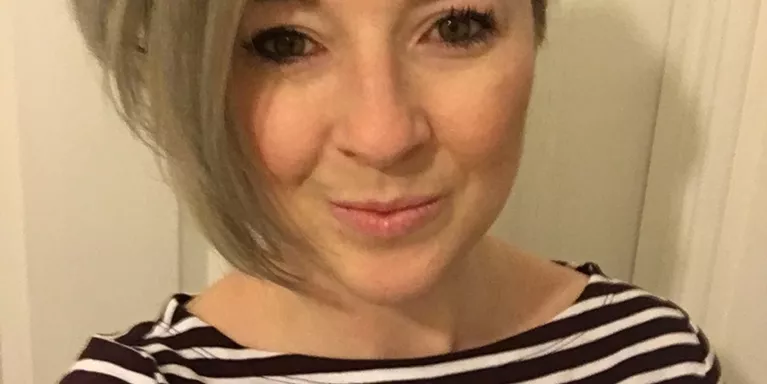Life in limbo – waiting for talking therapy
Francesca blogs about the impact of waiting for talking therapy, as part of our We Need to Talk campaign.
I’m 23 years old and I live with anxiety, depression and low self-esteem. Putting myself out there like this is terrifying but when I saw that Mind were asking people about talking therapies, I managed to convince myself to email in. It was really difficult, but that’s how I have to get myself to do most things.
The main reason that I wanted to write this piece was because, although I did experience a long wait time for my therapy, I reflect on it positively – and I thought maybe other people felt conflicted like this. Talking therapies were so life-changing for me, once I finally got them, it wiped out any previous frustration.
From my initial doctor’s appointment to my first appointment with Laura, my first counsellor, was nine weeks, which felt like such a long time. Waiting nine weeks for a sofa to be delivered? Maybe. But nine weeks seemed an extraordinary time to wait for healthcare. Would you wait that long if you had a physical illness?
My phone interview with the counsellor was only a couple of weeks after my doctor referred me. It was the wait that came next, before I actually got to see someone, that was the longest. I appreciate that how long you wait will hinge a lot on where you live, but given one of my main ‘problems’ is severe anxiety, checking the post almost desperately every day to no avail was excruciating.
I think I’d blocked that out, but forcing myself to look back I can feel that panic, that tightening in my chest, as clearly as if I was there all over again.
This, I feel, is the biggest problem with long waiting times. It takes a ridiculous amount of courage (and I say that with no hint of arrogance) to ask for help, and for many it’s a last push, a last resort because they’ve realised they need support to cope. To then have to wait months in this sort of limbo can be so damaging. Some people might not be able to get over those weeks and months in an almost unbearable state of anticipation.
This is where my story takes a positive turn. Thankfully, the incredible Cognitive Behavioural Therapy (CBT) I eventually received to combat my anxiety helped me move on a lot. However after 6 sessions of CBT, Laura, (my CBT therapist) and I both felt that, whilst my strategies for coping with anxiety and worry were coming on leaps and bounds, my depression wasn’t shifting and a counselling approach might be better for me.
CBT is an excellent practical approach, and I still use the tactics I was taught to deal with what used to be an all-consuming condition (I suffered regular panic attacks). It’s a very independent way of dealing with things though, and my depression was too deep-rooted, I needed something different.
I was offered the opportunity to take a 6 month consolidation period, along with my therapist I decided it would be more beneficial for me to move straight across. My depression was actually getting progressively worse, and a ‘time-out’ would have been so detrimental to me. It was also a difficult time of year, as it was the anniversary of my cousin’s death. I needed help more than ever, and my therapist listened to that. Instead of having to go back through the referral process (which I knew wasn’t quick!) I was able to have my first counselling session two weeks later.
One down, seven to go – that’s where I stand at the moment. But I am confident that now I’m ‘in’, any help I need, whether my requirements shift and change or not, will be facilitated to the best of their ability. I might have had to wait a while to get here, but I am now confident I’ll get there in the end.
Francesca's story highlights the impact of waiting for talking therapies. Support the campaign for getting the right therapy at the right time.
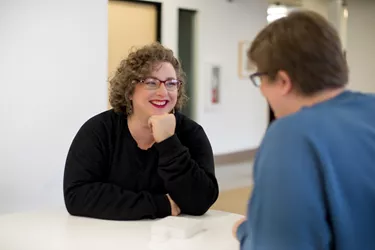

Information and support
When you’re living with a mental health problem, or supporting someone who is, having access to the right information - about a condition, treatment options, or practical issues - is vital. Visit our information pages to find out more.
Share your story with others
Blogs and stories can show that people with mental health problems are cared about, understood and listened to. We can use it to challenge the status quo and change attitudes.










